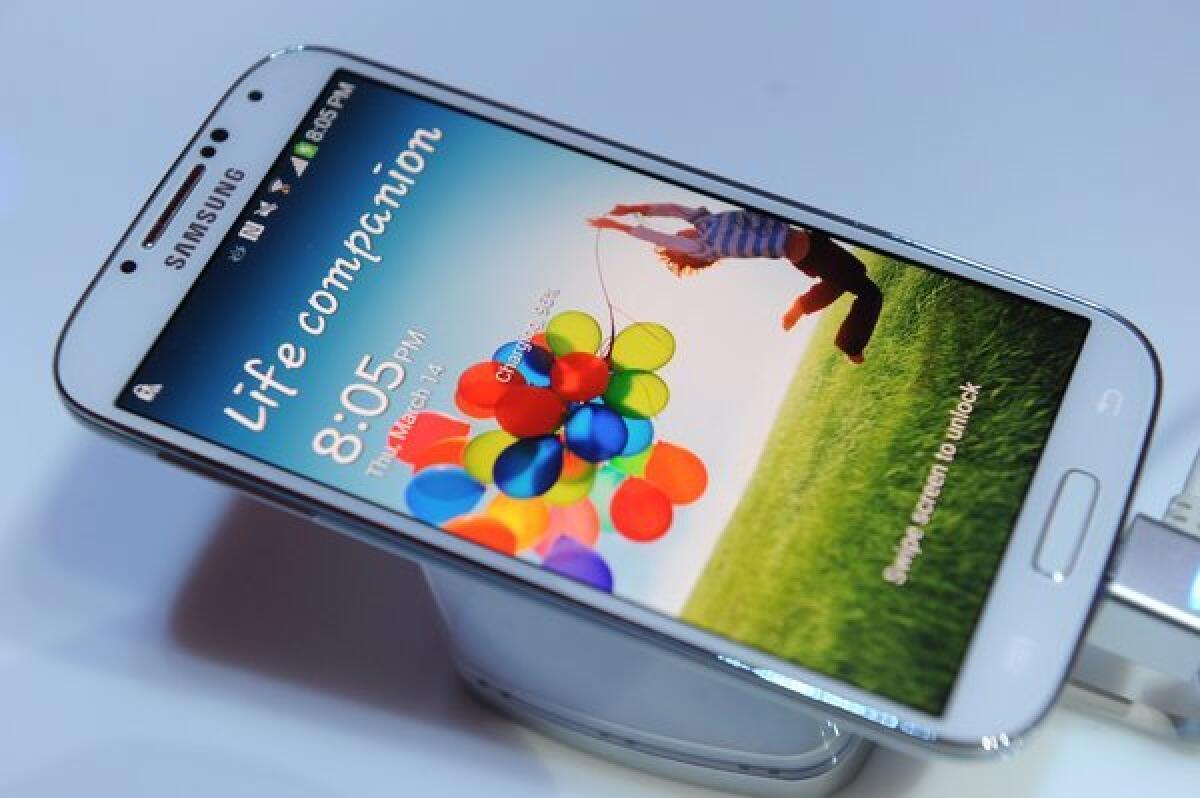Smartphones cut broadband gap, 3% still use dial-up, Pew survey finds

While a growing percentage of U.S. adults at least occasionally use the Internet, many rely on mobile devices to do so and a steady 3% of adults continue to have dial-up connections at home.
The findings from the latest round of a tracking survey by Pew Research Center’s Internet & American Life Project show that the percentage of adults who don’t use the Internet has been cut in half during the past five years, from 30% to 15%.
During that span, much of the growth appears to have come from people accessing the Internet from smartphones and tablets and computers at work.
PHOTOS: Top smartphones of 2013
For example, Pew cited the significant gap between Latino adults and black and white adults. Barely more than half of Latino adults have high-speed Internet access at home, compared with 64% for black adults and 74% for white adults.
The gap nearly disappears when smartphone ownership is factored in, especially among younger adults.
“Smartphones do offer a potential source of online access to individuals who might otherwise lack the ability to go online at all from within the home, even if that access is somewhat limited in comparison,” Pew reported. “And indeed, 10% of Americans indicate that they do not have a broadband connection at home but that they do own a smartphone.”
A highly connected 46% of adults have both broadband at home and a smartphone, 24% have just home broadband and 20% have neither.
The number of dial-up users also has plunged since 2008 as people shifted to faster broadband connections, including fiber optic cable-based Internet service. But in the past two years, the percentage of dial-up users hasn’t budged. Pew, citing an older study, attributed the resistance to the higher monthly cost of broadband.
Many Internet service providers, especially cable companies, have raised or maintained high-speed Internet prices as they look to keep revenue steady amid declining fortunes in other units.
ALSO:
Steve Ballmer’s possible replacements: geeks, execs, sales gurus
Microsoft CEO Steve Ballmer: Great showman, not so great for stock
Microsoft CEO Steve Ballmer’s top 9 flops, from Tablet PC to Xbox One







